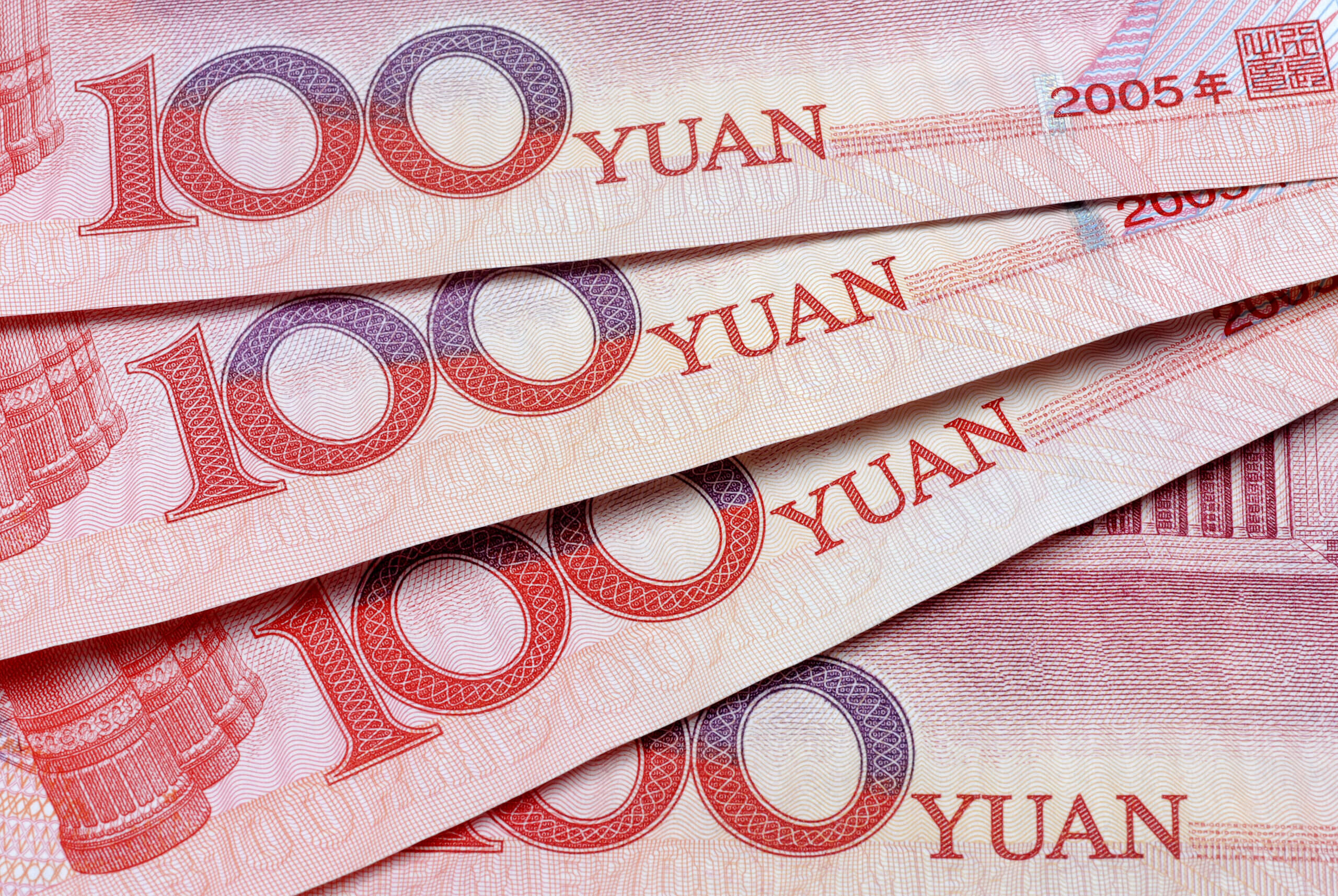Reserves of the Central Bank of Argentina could be affected by the devaluation of the Yuan
Photo: Freepik.
According to a report by Bloomberg Línea, the devaluation of the currency of the People’s Republic of China, the yuan, could affect the reserves of Argentina’s Central Bank, complicating President Javier Milei’s goal of reaching 50 billion dollars in reserves.
This is because approximately 50% of the bank’s reserves are denominated in yuan, as a result of a currency swap agreement with the Central Bank of China. In light of this, some multilateral organizations are considering disbursements to recapitalize, while Argentina’s economic team is engaged in negotiations with the International Monetary Fund (IMF).
China’s decision to devalue its currency by 0.4% against the U.S. dollar takes place in the context of the ongoing trade conflict between the two nations, characterized by the mutual imposition of high tariffs. For now, there have been no direct impacts on the reserves of the BCRA, but the outcome will depend on how the situation evolves.
The Argentine Central Bank reported that gross international reserves tallied last week amounted to 25 billion dollars, of which at least half are held in yuan.
In total, thanks to the currency swap, Argentina initially received a sum equivalent to 18 billion dollars in yuan. However, the country has already used around 5 billion dollars of that amount, which represented 130 billion yuan.
Salvador Vitelli, head of research at Romano Group, estimated that for every 1% variation in the yuan against the dollar, Argentina’s gross Central Bank reserves could fall by around 120 million dollars. He clarified that this impact would only affect gross international reserves, with no changes to net reserves.
For his part, Federico Machado, an economist at the Observatory of Policies for the National Economy, calculated that based on an estimated exchange rate of 7.32 yuan per dollar, the fall in gross international reserves could be around 70 million dollars.
Machado also stated that he expects the yuan’s devaluation to continue. However, he warned that after the tariffs scheduled for April 9 take effect, other currencies could also be impacted, making the issue broader than just China.
He also pointed out that the effect of these tariffs on the Brazilian real will be key for Argentina, since Brazil is its main trading partner. A devaluation of the real, along with falling prices for commodities like oil and soy, could affect the pace of the 1% monthly crawling peg established by the Argentine government.
The economist believes that Javier Milei’s administration will continue with the crawling peg, but will need to seek sources of financing to cover the current account deficit.
Meanwhile, analysts consulted by Bloomberg Línea warned that the threat from U.S. President Donald Trump to impose additional 50% tariffs on China could further deepen the yuan’s devaluation.
On this issue, Patricio Giusto, political scientist and director of the Sino-Argentine Observatory, said the yuan could continue losing value if China decides to devalue it as an adjustment mechanism in response to the new tariffs. He also noted that, due to pre-existing policies aimed at boosting domestic consumption and the lack of competitiveness issues before the tariff conflict, Chinese banks hold a significant amount of yuan that citizens are unwilling to spend.
Main Source:
Devaluación del yuan: cómo afecta a las reservas del Banco Central argentino – Bloomberg Línea
Related News:
The United States urges a reduction in financial relations between Argentina and China
Argentine producer will be able to export lithium to China
Argentina’s poultry meat exports to China are resumed
You may be interested in:

